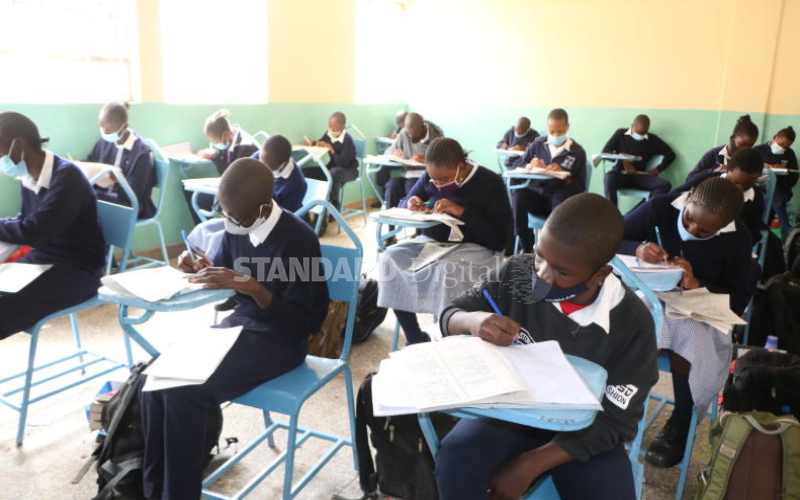×
The Standard e-Paper
Stay Informed, Even Offline

A new report has revealed learners’ weaknesses across all subjects even as candidates prepare for next month’s national exams.
An analysis by the Kenya National Examinations Council (Knec) shows that many learners have weak competency levels and weak skills in various subject areas.